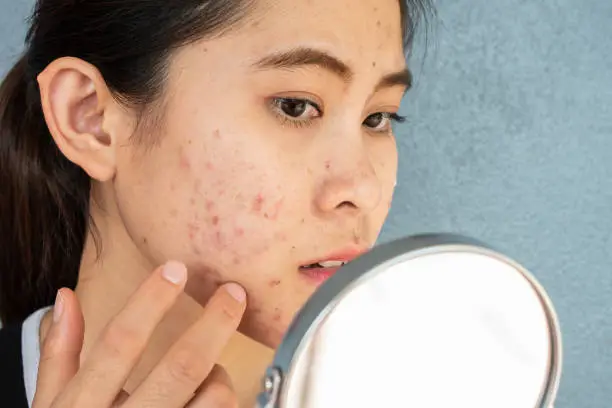raj@mbgcard.com
May 6, 2025

Uneven skin tone, dark patches, and stubborn spots — skin pigmentation is a common concern that affects people of all ages and skin types. Whether it’s due to sun exposure, hormonal changes, or skin damage, pigmentation can impact your confidence and complexion.
Understanding what causes skin pigmentation and how to treat it effectively is the first step to achieving healthy, radiant skin. In this blog, we’ll explore the causes, prevention tips, and the most effective treatments available today.
Skin pigmentation refers to the coloring of your skin caused by melanin — the pigment produced by melanocytes. When these cells become damaged or overactive, they may produce too much melanin, leading to darker patches known as hyperpigmentation.
Common types include:
Melasma – Often caused by hormonal changes, commonly seen during pregnancy.
Sunspots (Lentigines) – Resulting from prolonged sun exposure.
Post-Inflammatory Hyperpigmentation (PIH) – Appears after acne, burns, or injuries.
Sun Exposure:
UV rays stimulate melanin production, leading to sunspots and darkened skin areas.
Hormonal Changes:
Conditions like pregnancy, birth control use, or menopause can cause melasma, especially in women.
Acne and Skin Inflammation:
Any trauma to the skin — like pimples or cuts — can leave behind dark marks after healing.
Genetics:
Some individuals are more prone to pigmentation due to their genetic makeup.
Incorrect Skincare Products:
Using harsh or unsuitable products can damage the skin and lead to pigmentation issues.
Prevention is always better than cure. Here are simple habits to reduce the risk of pigmentation:
Use Sunscreen Daily:
Apply a broad-spectrum SPF 30 or higher, even on cloudy days.
Avoid Picking or Scrubbing Your Skin:
Let acne heal naturally to avoid post-inflammatory marks.
Stay Hydrated and Eat Balanced Meals:
Foods rich in antioxidants help keep skin healthy from the inside out.
Use Gentle Skincare Products:
Avoid products that contain alcohol, fragrances, or harsh exfoliants.
Copyright @2025 Divya Skin Care Treatment. All rights reserved
Created by MBG Card Pvt. Ltd.